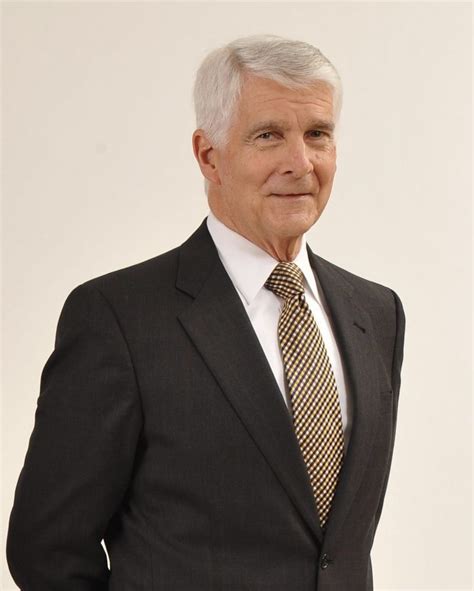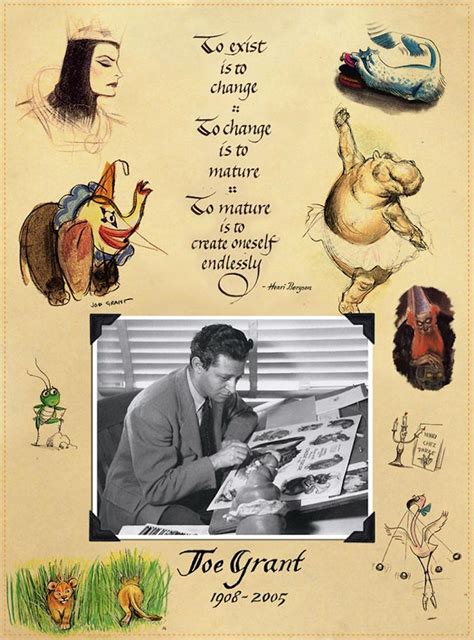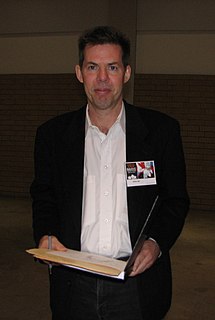A Quote by David Ogilvy
Related Quotes
The acts of the mind, wherein it exerts its power over simple ideas, are chiefly these three: 1. Combining several simple ideas into one compound one, and thus all complex ideas are made. 2. The second is bringing two ideas, whether simple or complex, together, and setting them by one another so as to take a view of them at once, without uniting them into one, by which it gets all its ideas of relations. 3. The third is separating them from all other ideas that accompany them in their real existence: this is called abstraction, and thus all its general ideas are made.
The mind being, as I have declared, furnished with a great number of the simple ideas conveyed in by the senses, as they are found in exterior things, or by reflection on its own operations, take notice, also, that a certain number of these simple ideas go constantly together... which, by inadvertency, we apt afterward to talk of and condier as one simple idea.
The ability of nonintelligent people to understand the most complicated mechanisms and to use them has always been to me a cause of astonishment: their inability to understand simple questions is even more astonishing. The general acceptance of simple ideas is difficult and rare, and yet it is only when simple, fundamental, ideas have been accepted that further progress becomes possible on a higher level.

































